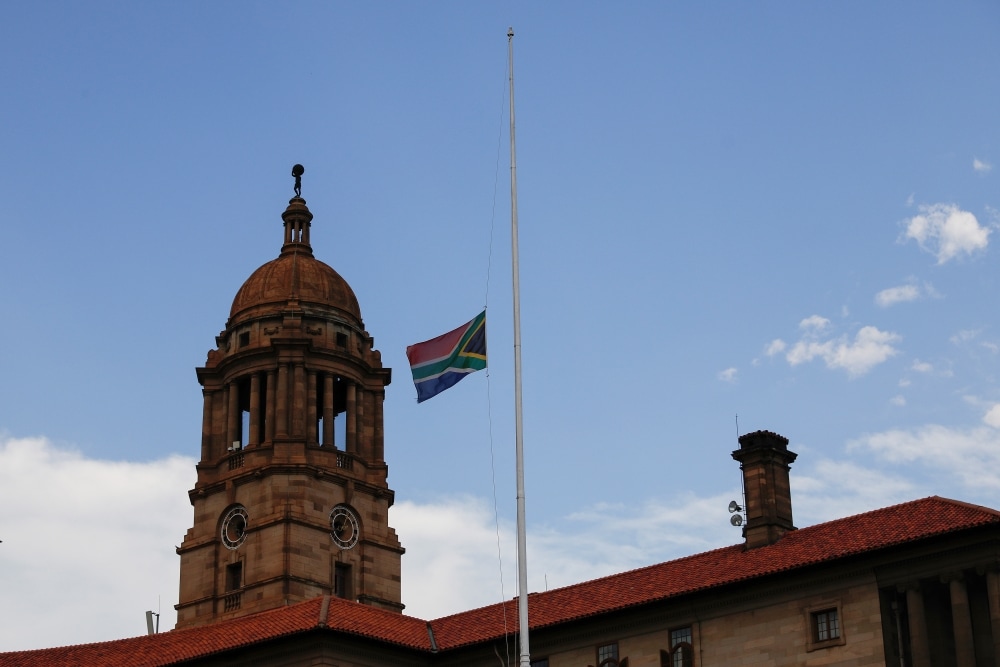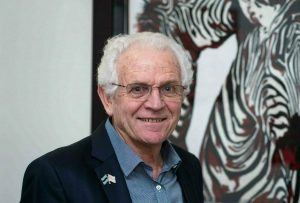By Nicholas Woode-Smith
A country as large and diverse as South Africa is far too large to be managed by a single central government. And insistence by the ANC that South Africa is a unitary state is not only clearly wrong, but irresponsible.
The existence of provincial governments and parliaments, and clauses supporting self-determination and autonomy in the Constitution, contradict the ANC’s claims that South Africa is unitary. Provincial, municipal and other forms of local government are equipped and should be given the right and privilege to manage local affairs according to local contexts and need.
This is not just an ideal for the liberal decentralists or the federalists who helped inform the Constitution, but a necessity.
Diversity
South Africa has eleven official languages. It is approximately 1.22 million square kilometers in size, with a population of 59.39 million people (as of 2021). We are so large, geographically, that while we operate under a single time zone, we actually exist under at least two.
And all these numbers cannot mask the vast cultural differences that still persist across this country. Not only in aspects of religion and race, which can be overcome, but in the ways in which people would like to be governed. The existence of monarchies, customary law, effectively still-existing homelands, and wildly different expectations of government can reveal how differently different people want to be governed.
Economic diversity also necessitates a different lens for different areas. A first world city like Cape Town should not exist under the same policies and regulations as the rural Northern Cape.
Western Cape
The Western Cape has been governed by the DA for a decade and a half. It is very unlikely that the ANC will break this streak. At least not legally. But while the DA has shown an aptitude for management in the Western Cape, other voters are not convinced. They still elect the ANC, which uses its central leadership to enact bad laws that oppress people they didn’t even elect.
The injustice of people living in a DA province that is still, at least partially, governed by the ANC is just one reason why we need increased federal autonomy in this country.
The other reason is sheer scale. The United States is a country with a single language, a unifying culture, a single view of how a country should be governed, and a much more sophisticated bureaucracy than we could ever hope to achieve. Yet it is still divided into 50 states with their own independent governments, law enforcement, legislative capacities and even local cultures.
Belgium, a country about a quarter the size of the Western Cape, has a federal system. Not to mention Switzerland, only slightly larger than Belgium, which has divided its tiny country into 26 independent cantons.
These tiny countries have seen the necessity and virtue of a country that is governed at a local level, so that provinces or their equivalent may allow as much as possible to look after their own affairs.
No reasonable argument
South Africa has a corrupt, outdated, bloated and unsophisticated bureaucracy, almost zero cultural and political unity, and almost a dozen spoken languages. There is no reasonable argument for this country to be centrally governed.
The ANC government must end its power-obsessed obsession with keeping South Africa centralized under its inept management and even worse laws. If there is to be a future for this country, it must be decentralised, with federal autonomy, provincial independence and local rule becoming the norm.
Only then will local governments be equipped to use their resources, knowledge and proximity to their constituencies to solve the problems caused by central government.
- Nicholas Woode-Smith is an author, historian, political analyst and contributing writer for the Free Market Foundation.








